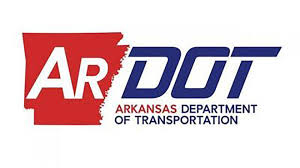
A plan has been released to help with traffic management for the 2024 eclipse that will impact parts of the Lakes Region.
The April Eclipse will impact areas just outside of Harrison in southeastern Boone County as well as most of Marion, Newton, and Searcy Counties including the communities of Bellefonte, Valley Springs, Jasper, Marshall, Western Grove, Flippin, Yellville, and others.
The complete release from the Arkansas Department of Transportation is below:
The Arkansas Department of Transportation (ARDOT) released a Traffic Management Plan (TMP) in preparation for much of the state being in the path of totality during the Great American Total Solar Eclipse on April 8, 2024.
“We expect a heavy influx of visitors to our state to view this rare phenomenon, and we’re preparing accordingly,” said ARDOT Director Lorie Tudor. “Our goal is to get everyone where they need to go as safely and efficiently as possible.”
The TMP includes traffic forecasting data, traffic reduction strategies, traffic flow enhancements, as well as information about ARDOT’s Traffic Management Center and Communications Division.
ARDOT used data from states that were in the path of the 2017 Total Solar Eclipse, along with state park reservation data for the upcoming Eclipse, to help anticipate travel patterns and peak travel dates and times. With this data, ARDOT was able to identify locations where high or extreme traffic volumes are expected immediately following the Eclipse (shown in Figure 2 of the TMP).
The TMP includes traffic reduction strategies such as: stay a while, work from home, school closings, reduce oversize loads, and a communication effort with truckers so they can make an informed decision on their travel plans. The TMP also includes traffic flow enhancements such as: reduced construction activity, identify and mitigate potential bottlenecks, and suggest alternate routes to avoid traffic chokepoints.
ARDOT will be coordinating with other agencies and officials at the state, county, and local levels before, during, and after the Eclipse to ensure consistent messaging and communication is provided to citizens and visitors.
The TMP serves as a “living document” that may be updated and edited as needed.
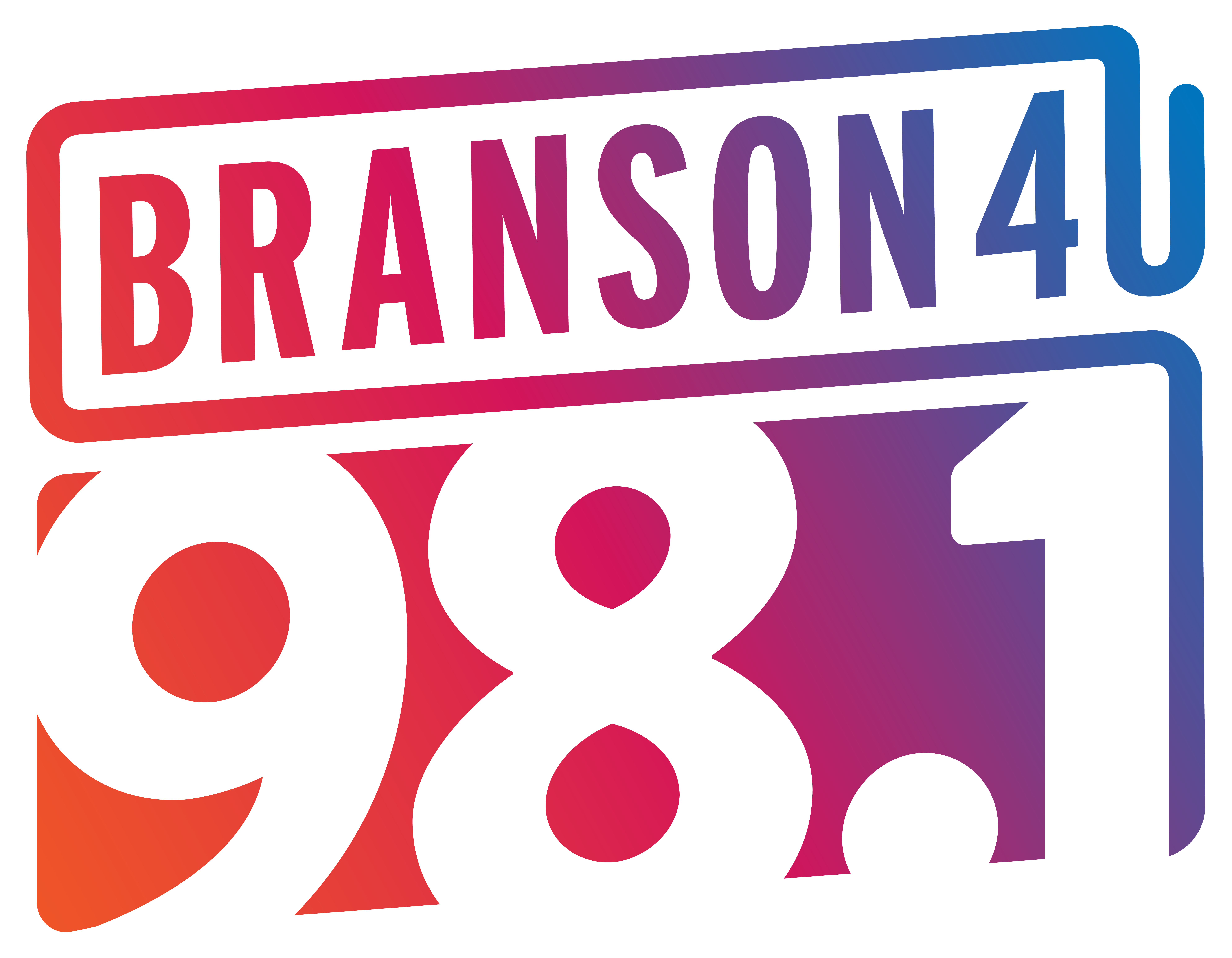




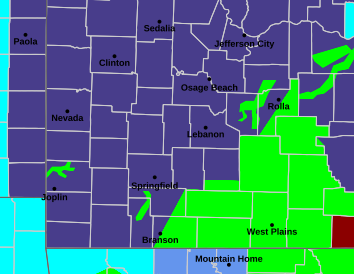 Slight Chance of Snow, Freeze Possible Sunday As Water Recedes
Slight Chance of Snow, Freeze Possible Sunday As Water Recedes
 Municipal Election Day Tuesday
Municipal Election Day Tuesday
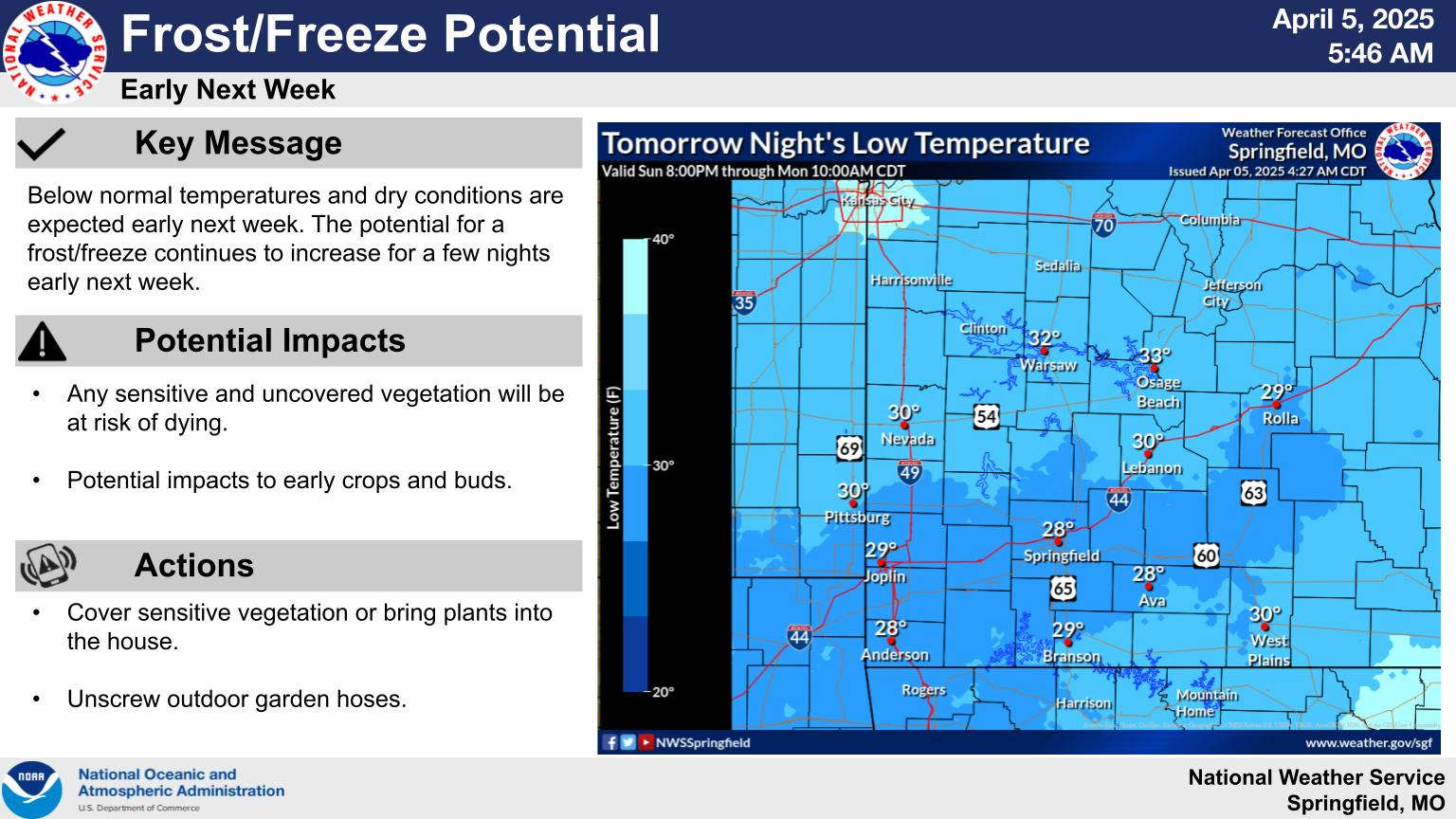 Weekend Weather: Last Round of Storms, Possible Snow, Frost
Weekend Weather: Last Round of Storms, Possible Snow, Frost
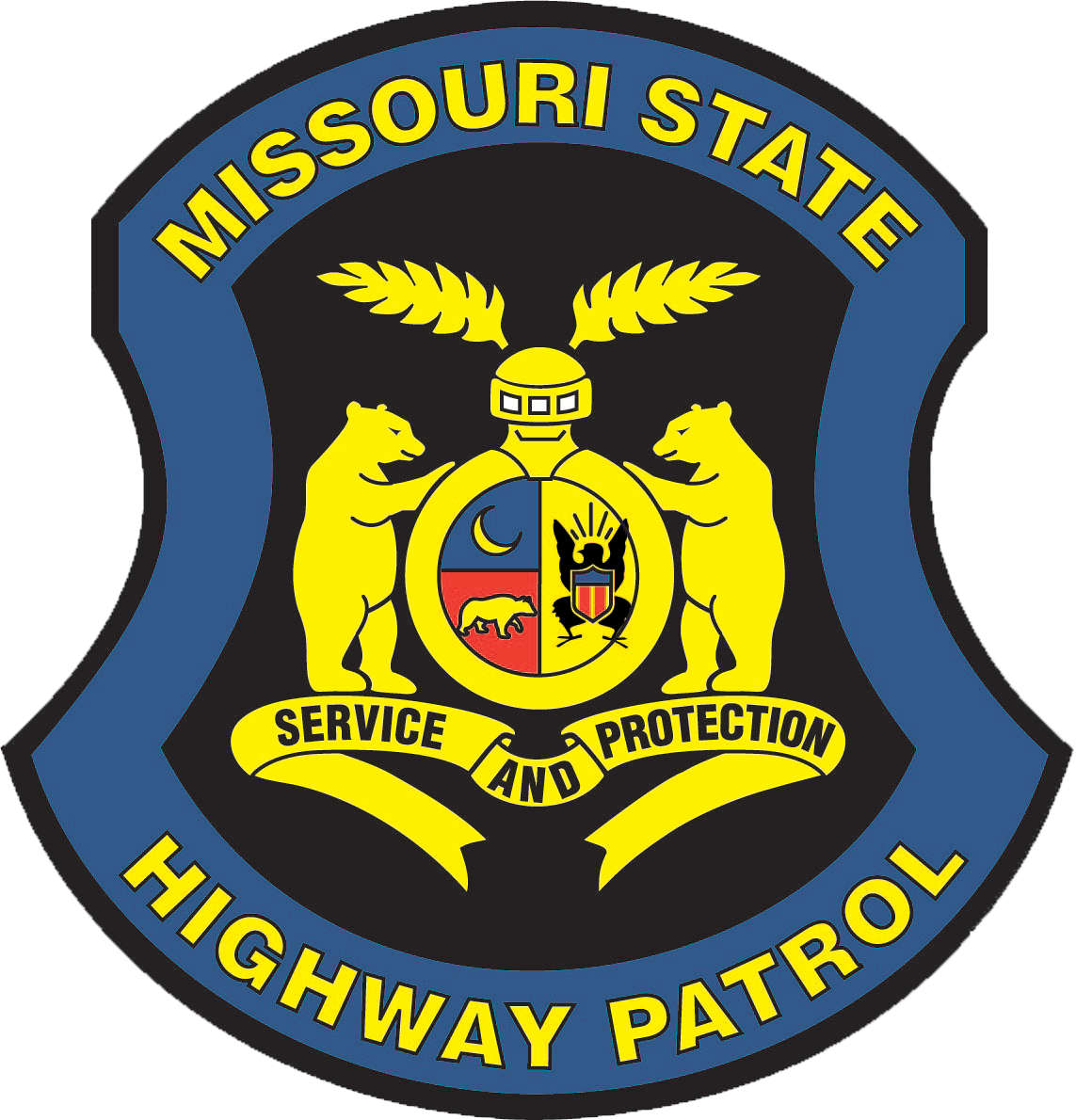 Four People Seriously Injured in Early Morning Crash
Four People Seriously Injured in Early Morning Crash
 Local Pantry to Answer Questions about USDA Funding Cuts
Local Pantry to Answer Questions about USDA Funding Cuts



